Feature 14 min read
Making it easy to go electric
Octopus EV brings together everything you need to get on the road to emissions-free motoring including the car, charger and a 100 per cent renewable energy tariff. Moreover, for as long as you are their customer they will always be on hand with expert free advice and support.
When was Octopus EV founded?
It was launched at the start of 2018.
How did it come about?
We saw that there were a number of people who were interested in learning more about EVs and thinking about getting one as their next car, but there wasn’t an obvious source for them to get the answers all in one place. There were a lot of questions such as what cars were available, the range they had, how they compare, how are the cars charged, what are the charging networks like, what about energy tariffs, and so on. We wanted to collate all of that information and be the go-to place, and give people access to expert and impartial advice.
Have you personally always had an interest in EVs?
I have been passionate about renewable energy and air quality since a teenager. I also love cars, and my background is in engineering – my first job was for BMW researching hydrogen cars. Electric cars were forecast to arrive in 50 years’ time at that point, but it has actually been about 20, so that is very interesting. When this role came up, initially to look at the electric vehicle state in April 2017, I had a chat with the CEO of Octopus Energy and there was overlap with my interests and what he was visualising – so it was a good pairing.
What services did Octopus EV initially offer?
The very first thing we did was help companies set up and manage EV Salary Sacrifice Schemes, which we still do today. It is an agreement where you give up some of your salary in return for non-cash benefits, such as an electric company car. So, you pay for your EV out of your gross salary and don’t pay national insurance or income tax on that amount. You do pay for Benefit in Kind tax, but that is relatively small and it’s about to become even smaller for the next tax year. People can currently save up to 40 per cent a month on their EV costs, and next year even more, so it is an absolute winner for anyone thinking of doing it.
We take care of the whole process, from the admin that needs to be put in place to the leasing of the actual cars – and protection for the employer in the event an employee with an outstanding lease leaves the company. It is a no cost, hassle-free service – a no brainer for the company.
When we started to do this, again, we found there were many questions, about the cars and how they could be charged on site, so actually we found a much broader opportunity to help them with the transition, including on site charging and running events with them whereby employees could drive the cars and experience them first hand.
And were they your first events?
No, our first one was a pop-up discovery day in summer 2017, on Harpenden Common, before we formally launched Octopus EV to test the market. We had six EVs, including Tesla Model S and Model X (and a few mini ones for the kids to drive), a BMW i3, Nissan LEAF and Renault ZOE on show, and lots of entertainment.
It went really well so we decided to launch our first two-day test drive event a few weeks later and increased the number of EVs available. We did 150 car test drives. It was phenomenal. We were blown away by the interest in electric cars, and people loved the experience. Even at that point, they were talking to us about salary sacrifice and whether they could lease vehicles, and a number of people bought EVs off the back of it. It definitely confirmed to us that people wanted guidance and the opportunity to experience EVs.
I think the UK is excited about electric cars now, and rightly so as they have come of age. They are great to drive, have great range, you can charge at home, and the infrastructure is improving – there are so many reasons to be positive about electric vehicles, without even talking about the environmental benefits.
How has it expanded since then? What services does Octopus EV offer now?
Our team has grown from one and a couple of contractors to 14 full time employees. There are four pillars to the business, and they help both existing EV drivers and those who have not made the jump yet.
Firstly, we can help get the cars. We offer consumer or business leasing, and we can help with outright purchases, too. We pre-buy stock to ensure better pricing and reduce waiting times for the customer. We currently offer the Nissan LEAF, Jaguar I-PACE, Tesla Model X and S (and we’ve put in pre-orders for the Model 3), BMW i3, Renault ZOE, Volkswagen e-Golf and Audi e-tron. We can also offer maintenance as part of the leasing agreement and make recommendations about insurance.
Secondly, we can offer charge points for homes or businesses, whether that is for a workplace carpark or customer destinations like a retail park. In addition, we have good partnerships for that – both in terms of the manufacturers and the installers, in addition to the people that deal with the operation of the network so we have Independent Distribution Network Operators (IDNOs), who can help to create a local network upgrade quicker than a DNO might be able to.
Thirdly, we can also supply energy through our sister company Octopus Energy with innovative tariffs that can give you cheaper energy in the middle of the night or different time of the day, and it’s 100 per cent renewable.
And then the fourth one is around education and experience; whether that’s salary sacrifice, or organising events for businesses, fleet providers or local authorities – who for example might want to drive awareness of where they’re rolling out charge points and help encourage the general public to move into electric cars.
Can you tell us more about your energy tariffs?
We have two energy tariffs that are great for EV drivers.
One of them is Octopus Energy Go, which is structured at 5p per kilowatt-hour for four hours every night from 12.30 to 4.30am and that is 100 per cent renewable energy. The day rate is also competitive at around 14p per kilowatt-hour (depending on where in the country you are). Overnight it is typically less than a third of what you would get from any other energy supplier on a standard variable tariff. There are some Eco 7 tariffs that people are using, but by shortening the window of off-peak electricity, we can get it even cheaper, which is fantastic.
As an EV driver however, you don’t want to get up at 12.30am to plug in your car to charge at the cheapest time, and maybe your car has an app that you can use to do it for you, but the alternative is to use the award-winning Zappi charger from our partner MyEnergi. This enables you to plug in your car but pre-programme it to start charging at any time of the day or night.
Our second is the Octopus Agile tariff, which is a world-first time of use tariff that charges customers a varying price for their electricity throughout the day. So, pricing of electricity changes every half an hour depending on the wholesale market and Agile reflects this. At 4.00pm you’ll get the pricing for the next day. Typically the price is cheap overnight, there is a small peak in morning and then again in the afternoon between 4.00 and 7.00pm.
What you want to do is avoid charging your car between those times and take advantage of when it is cheaper, but that could differ by the hour and you do not want to be continually checking. Therefore, to solve that problems we’ve partnered with Ohme to offer customers a smart charging cable that connects between the car and the charger – or three-pin household socket– and automatically looks at pricing every day. You can then tell it how many miles you want, or kWh you need, and it will charge your car at the cheapest times.
We also offer plunge pricing – paying customers if prices on the grid drop below zero. Suppliers are paid to help balance the grid by removing excess energy and Octopus has become the first ever UK supplier to pass the money onto its customers. Therefore, you could actually be paid to charge up your car.
And what about vehicle-to-grid (V2G) charging?
Octopus EV together with our energy division, Open Energi, UK Power Networks, ChargePoint Services, Energy Saving Trust and Navigant are in a consortium named PowerLoop. Together, our objective is to roll out V2G charging technology to UK electric vehicle drivers in the next 12 months.
We have launched the pre-registration of it but not yet started selling the V2G bundle, which will be a Nissan LEAF with a vehicle to grid charger and a special energy tariff. If you plug in your car before 6.00pm three times a week and leave it on V2G mode overnight, we will take £30 off your monthly bill. How that works, is a two-way charger will enable the driver to charge their vehicle intelligently, using their vehicle battery to power their home during peak times or sell spare power back to the grid.
When we first started looking into this a domestic vehicle to grid charger was around £10,000, and there was no way that was a commercially viable proposition. We wanted to do two things: one was to encourage companies to come to market with other chargers, and the great thing is they’ve come down significantly in price. We estimate it could go as low as £2000 in the next few years. This makes things much more interesting, especially as we’ve seen the prices decrease for battery technology come down at the same time. As we demonstrate a commercially viable business case with customers ready to participate if there is a well-priced charger, we are showing there is a market for them.
The second part involves working with UK Power Networks – the Distributed Network Operator in our consortium - to see if we could start to establish a ‘flexibility market’. National Grid are saying that by 2030 there could be up to 11 million EVs on the road, and if they were to all be plugged in at the same time to the grid charging at 7kW (which is a standard home charger) it would drain 77 gigawatts. This is more than the peak energy consumption in the UK today, and the grid is just not set up to cope with that. A better approach to this is to ask, why do we need to charge at peak times? By engineering behavioural change through beneficial off-peak pricing we can make that change. We’ve already started to encourage this with our smart energy tariffs and that’s resulted in a shift in charging behaviour already. EV drivers that use our Agile tariff reduced their peak loads by 47 per cent.
Recent analysis by Open Energi found that EVs could provide over 11GW of flexible capacity to the UK’s energy system over the next decade, demonstrating their huge potential as a significant grid resource, able to provide flexibility to support renewable generation, balance electricity supply and demand as well as alleviate strain on the network at a local and national level.
Forgive me for sounding a little naïve here, but what if then everyone was to switch to charging overnight or at another off-peak time?
The important thing is to stagger it, and provide a mechanism that encourages that. The average person drives around 20 miles a day. My LEAF will go between four and five miles per kilowatt-hour, which means I need around 5 kilowatts a day, which is 40 minutes of charging on a typical home charger at 7kW. This means it’s a relatively small timeframe needed to charge, and I don’t necessarily need to charge every day, or at a particular time. That mindset needs to be more widely adopted, and drivers need to be given a reason to charge when it works for the energy system. We’ll start to see more mechanisms to balance charging across multiple vehicles over time, but we are too early to do that now. We need to have pricing mechanisms in place and the DNOs currently don’t have mechanisms for flexibility payment. UK Power Networks have an incredible innovation team and we are working with them right now to set up, test and validate flexibility markets.
Once we’ve overcome the technological challenge of driving down the cost of the technical infrastructure of things like single phase, bi-directional chargers and to develop software that controls the charging of many thousands of batteries distributed around Britain (without impacting drivers), we should see a lot of innovation from energy companies off the back of it. And that means accelerating the transition to a sustainable energy future, supporting low carbon growth and creating value for the driver.
What is Octopus EV most proud of and why?
Creating the entire package – we are the first and only company, as far as I know, to offer great EVs at good prices, charging facilities and competitive energy tariffs in a bundle. And all three services are award-winning, too.
We offer quality and trusted, cost-effective services and the team are not only passionate about their customers but also about making a difference. Toxic air leads to around 40,000 premature deaths every year, and a lot of that comes from transport.
I really love my team and enjoy working with them. I think because we work in an area that has purpose and makes a difference, they’re passionate about creating ideas and offering services that help our customers. We want to make a positive impact in terms of local air quality and help that transition to a sustainable, greener future and we do that by getting people into EVs.
What has been the company’s biggest challenge?
The biggest challenge is actually a UK-wide problem – there is limited supply of EVs into the UK market. Car companies make a certain amount of these cars globally, and each country is allocated a certain number of vehicles. Some brands release very low numbers. We found we were getting people excited about making switch and they would then have to wait up to 12 months for their vehicle.
Therefore, we started to pre-order stock so we do have the vehicles available, but it’s still a challenge especially if we want to make a big change in the UK. The higher the availability, the more chance we have of helping people to make the switch – people do not often start thinking about their next car purchase six months in advance. Over the next few years, availability may start to change especially as emissions targets start to kick in across Europe.
So, what is the company’s vision for the future?
What we set out to do when we established Octopus EV: to be the go-to place for everything EV. Whether it’s the car, the charger or the tariff, or whether it is expertise or educational events for your business. We really want to help individuals and business make that transition, and once they have done that, assist them on that journey.
What do you love most about your job?
I have a brilliant team and they are a real pleasure to work with – they are all so passionate, have got great ideas and really care about the customer – they bring such an energy to work every day, it’s so inspirational.
It is that kind of infectious energy that I think is helping to make EVs more popular. You see your neighbour doing it and you start to learn about it, or a colleague, or you go to a wedding and your friend has one. It starts to makes it more normal. Then you start to notice them everywhere you go. With a better charging infrastructure, it is becoming more viable and accessible. As a family, when we got our first-generation Nissan LEAF, it was a second car, but within a few weeks, it became our main and only car. If ever I am driving a non-EV now, I find I just feel guilty!

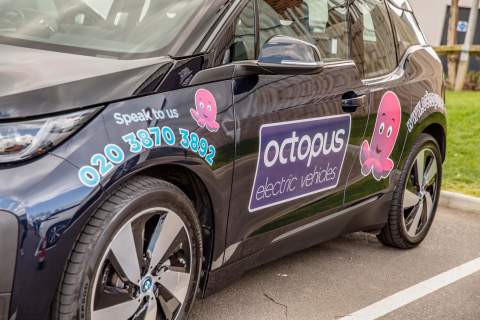
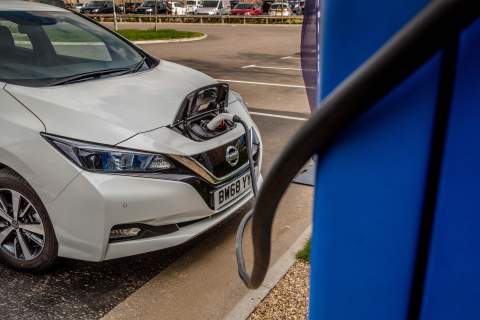
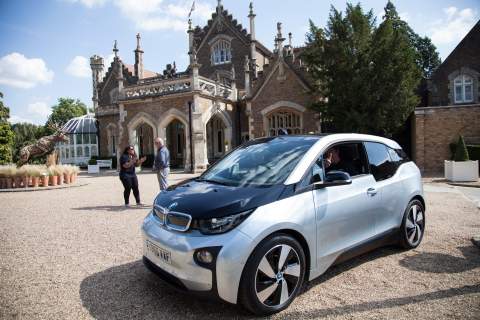
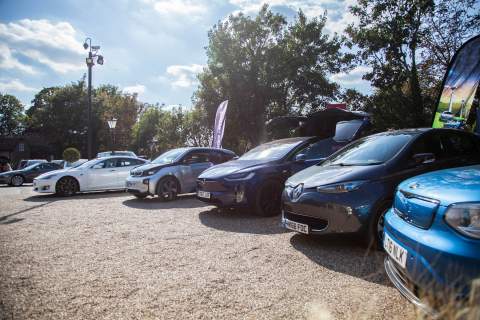
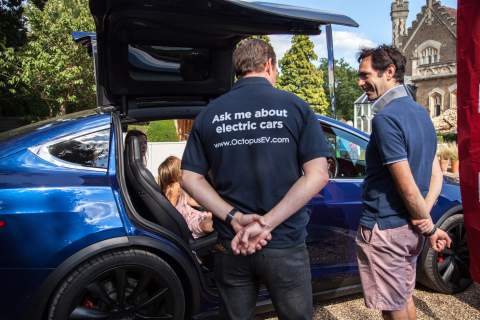
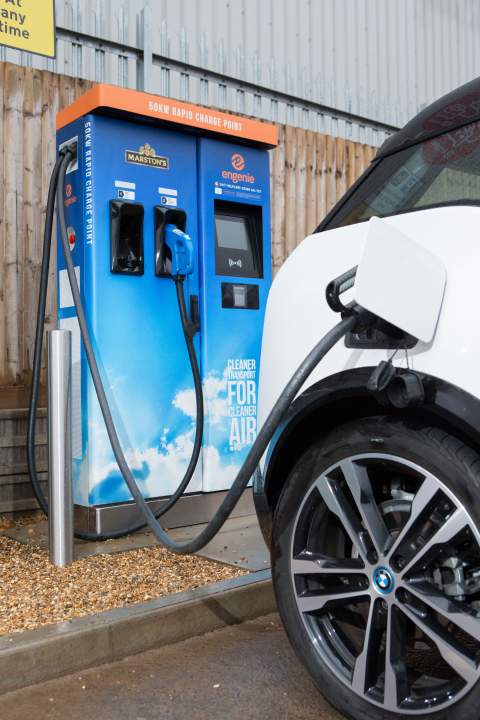
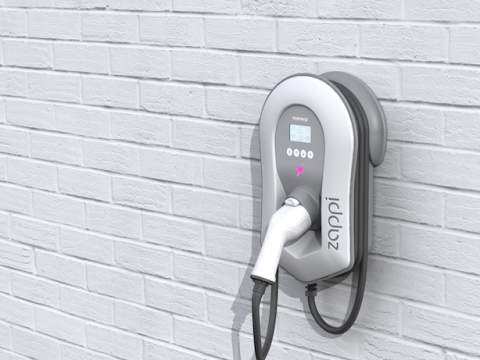
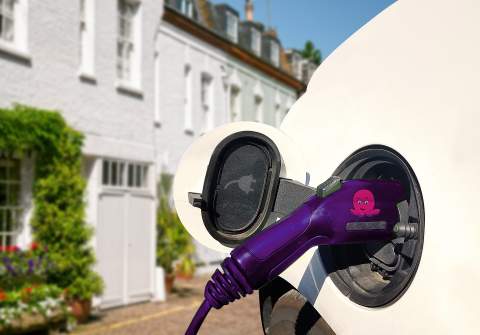
_480px.jpg)
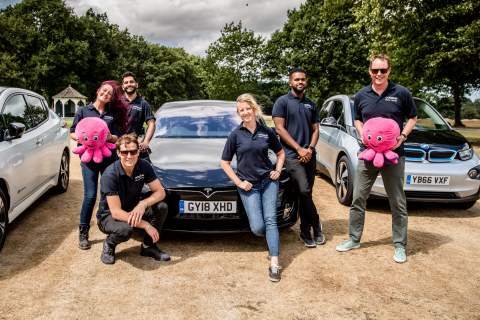
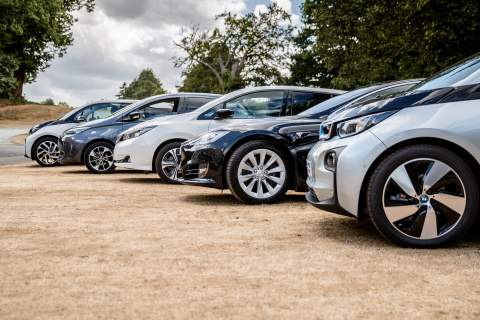
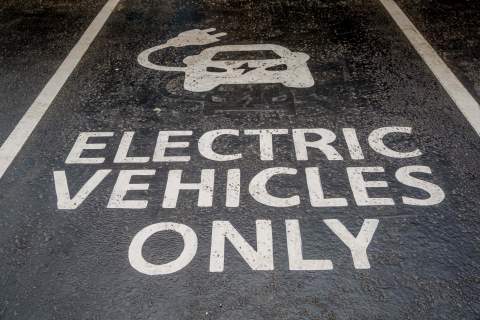


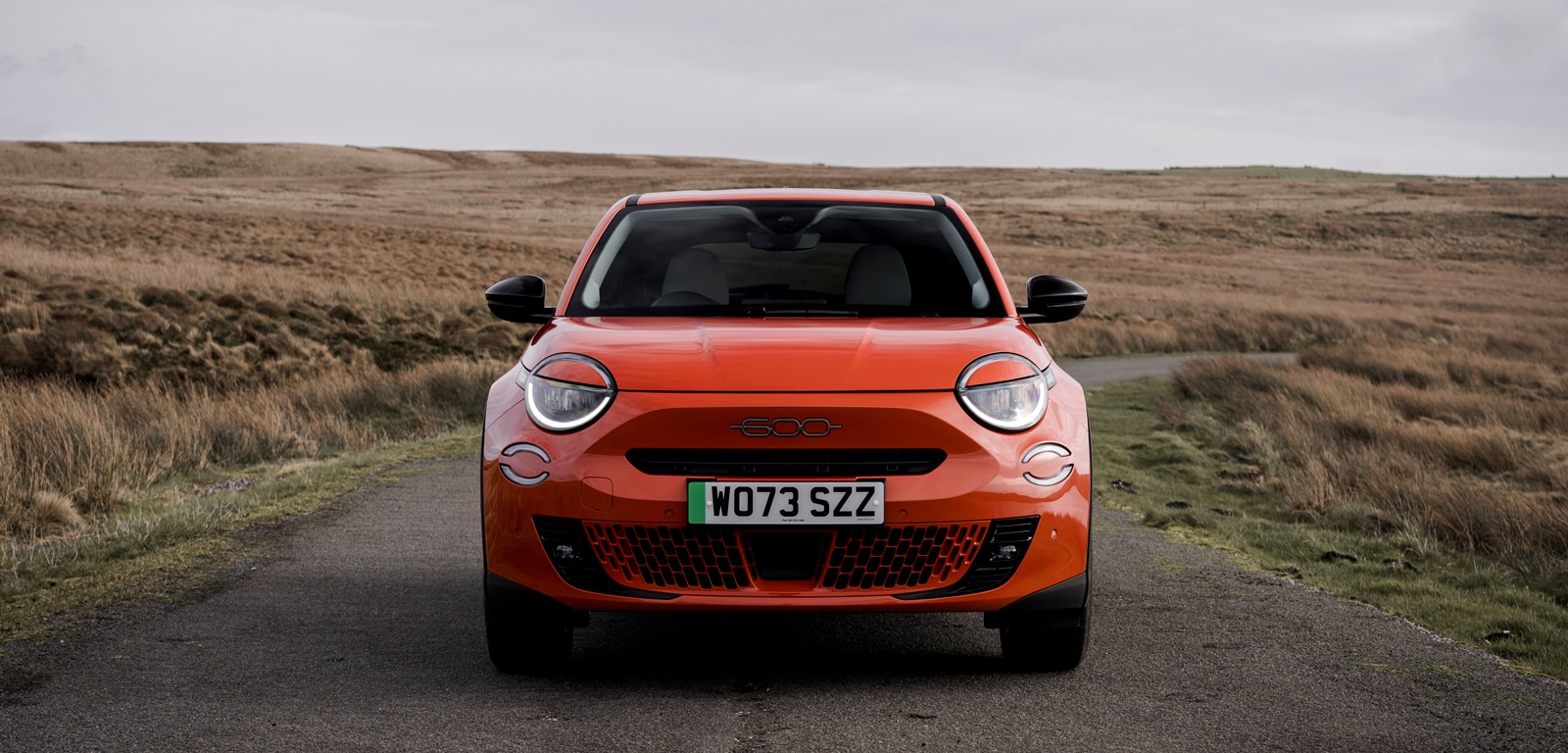
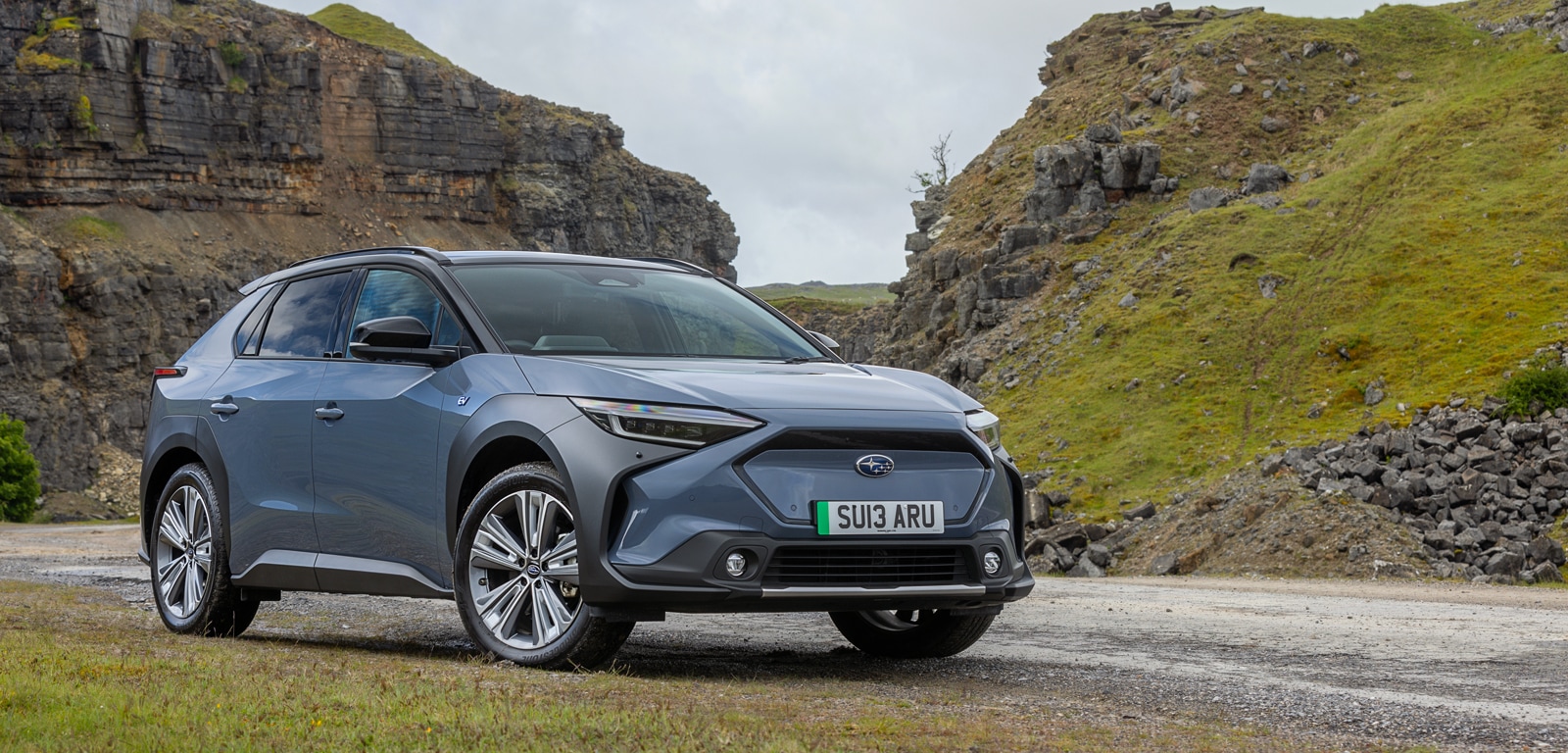
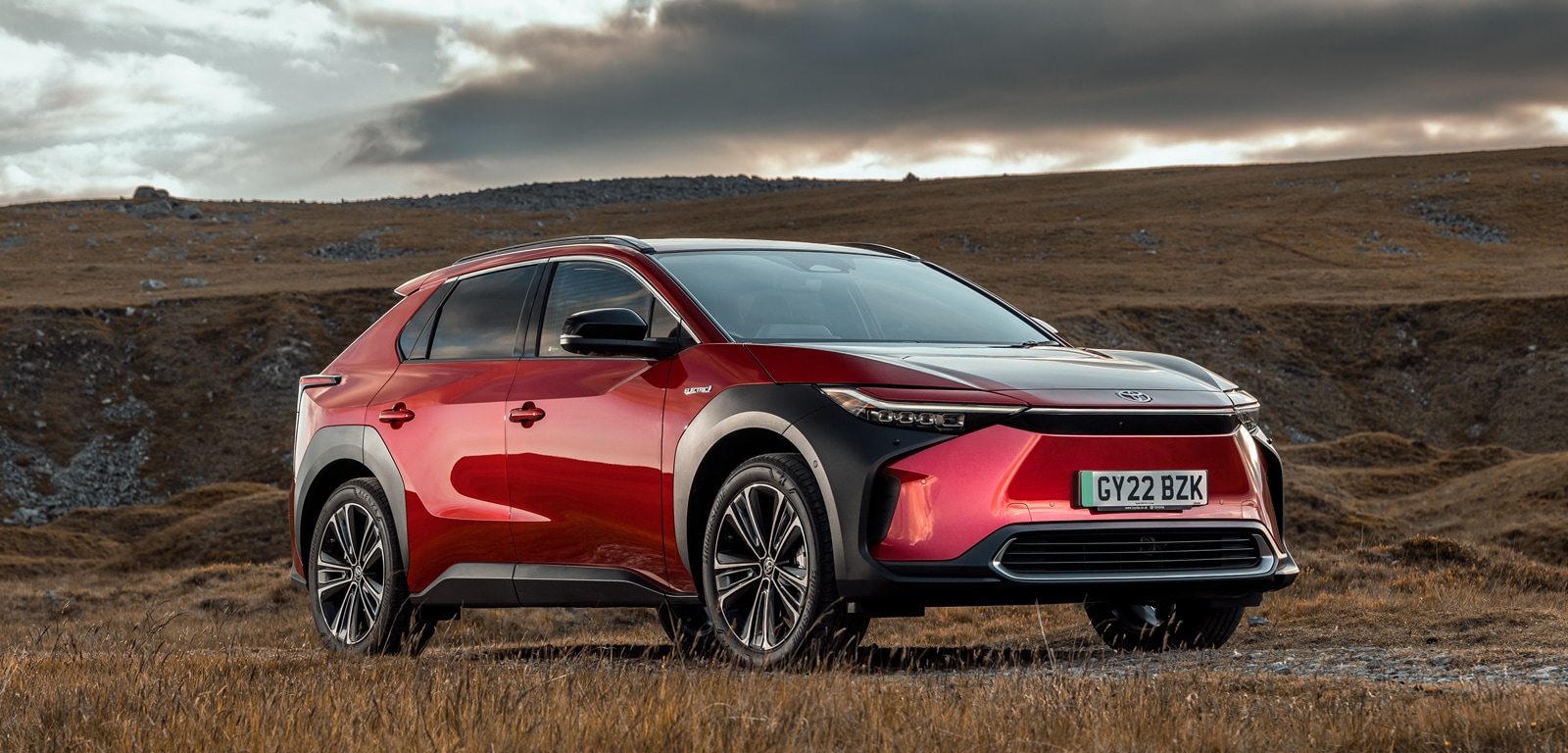
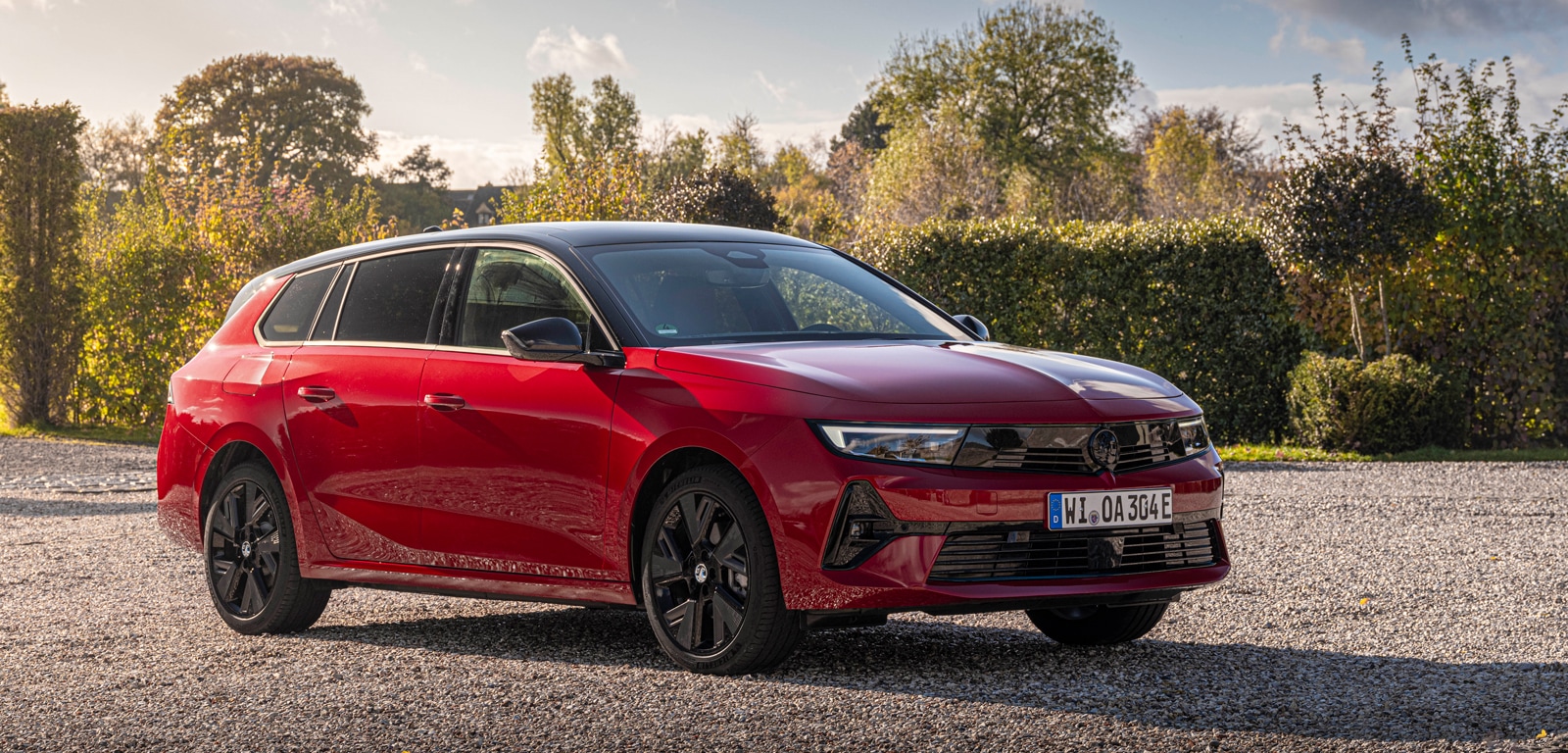
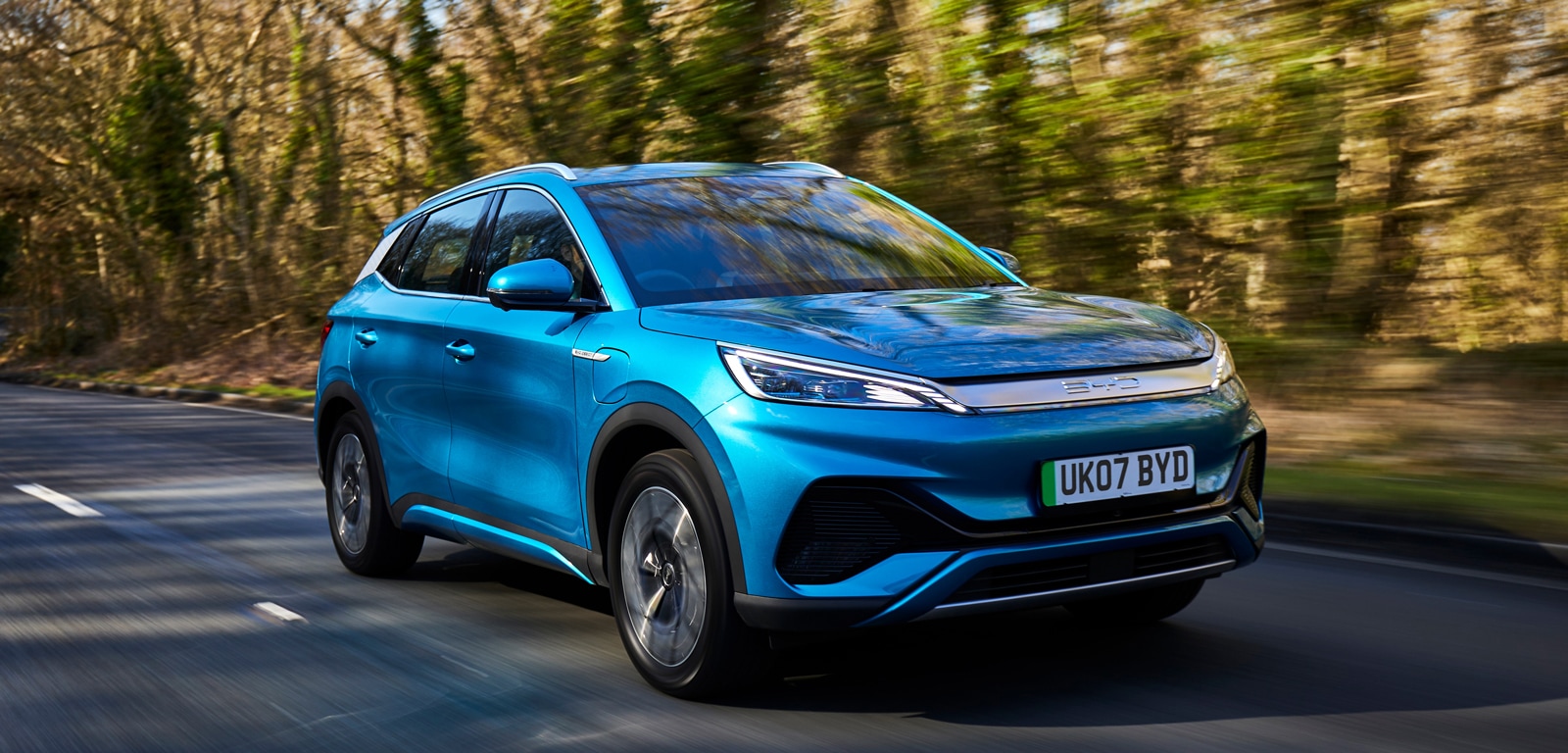
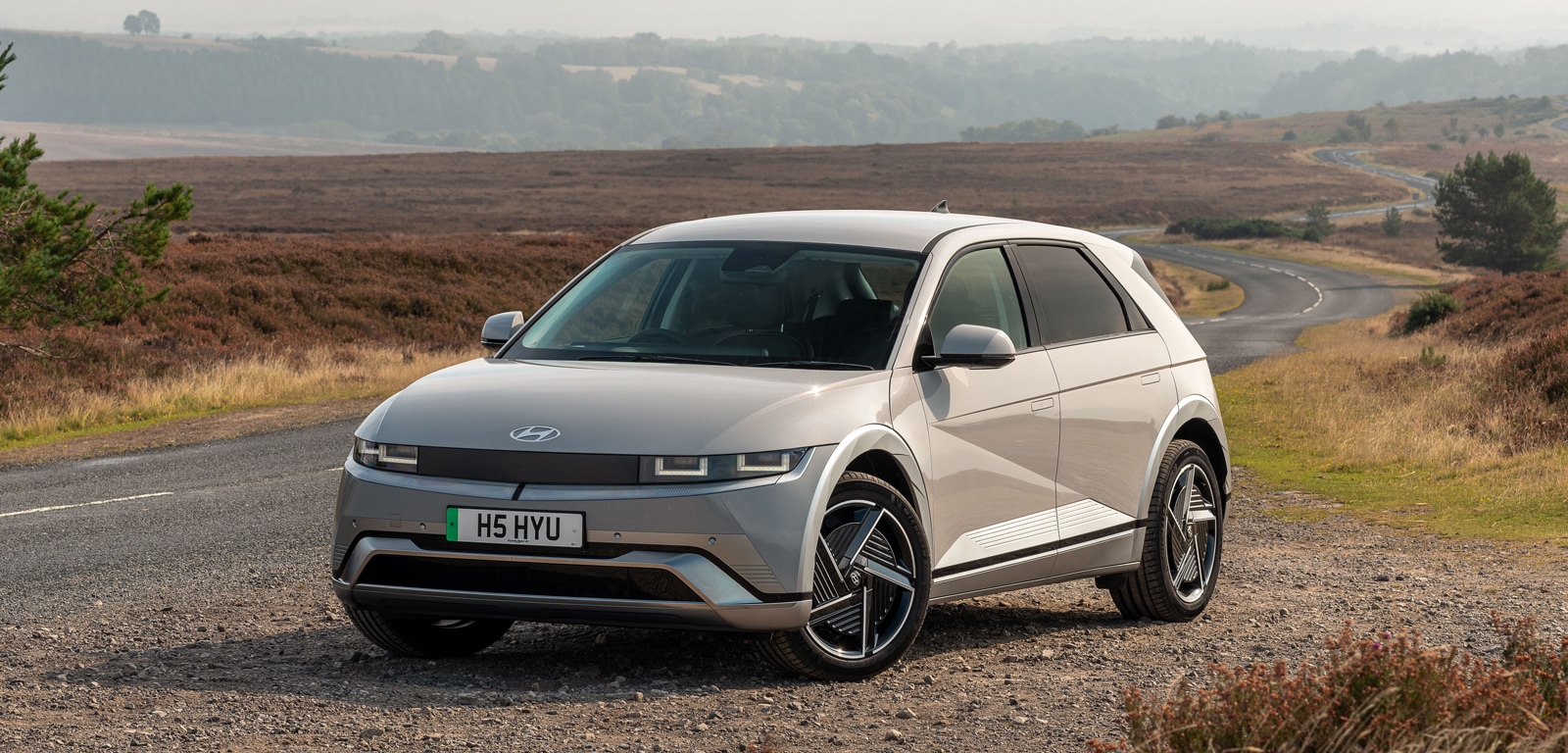

Comments (0)
Be the first to write a comment
Login/ Signup